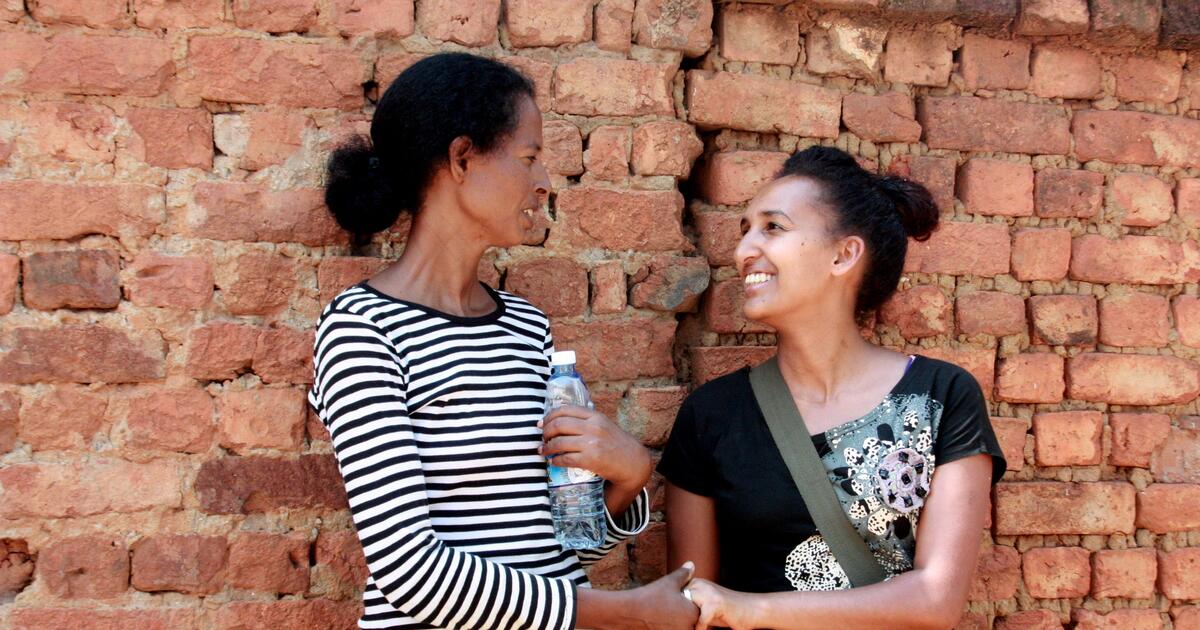Since the beginning of 2024, Uganda is grappling with a significant surge in refugees, with an average of 414 individuals seeking asylum every day. This influx is occurring against a backdrop of ongoing regional conflicts and political instability, placing considerable strain on the country’s already limited resources.
Uganda has a longstanding tradition of welcoming refugees, currently providing sanctuary to over 1,611,732 million people fleeing violence and persecution in neighboring countries, according to data from the UN Refugee Agency (UNHCR).
As of March 31, 2024, UNHCR reports that Uganda hosts approximately 1,611,732 refugees and 48,792 asylum-seekers. Since the beginning of 2024, more than 44,700 individuals, including over 7,400 newborns, have been registered in Uganda. Among these, 30% are new arrivals from Sudan, 18% from South Sudan, 16% from Eritrea, and 13% from the Democratic Republic of Congo.
South Sudan and the Democratic Republic of Congo account for the largest proportions of refugees in Uganda, with 935,260 and 515,482 individuals respectively.
From January to March, excluding new births, Uganda received a total of 37,300 refugees, averaging approximately 12,433 per month or about 414 refugees daily.
The surge in refugee arrivals in 2024 presents additional challenges to Uganda’s housing, healthcare, and education systems. Despite these challenges, both the Ugandan government and international aid organizations are actively working to address the needs of the new arrivals.
Moses Odokonyero from the International Rescue Committee (IRC) acknowledges the economic potential of refugees and emphasizes the importance of policies that enable their self-reliance. Initiatives like the Employer of the Year Awards, recognizing employers of urban refugees with decent work practices, are steps in the right direction.
IRC’s Re:Build program aims to improve the lives of over 107,763 refugees and vulnerable hosts in Kampala, focusing on enhancing livelihood opportunities and addressing barriers to employment.
However, challenges persist in providing refugees with necessary permits and training opportunities. Efforts are underway to increase the number of refugees engaged in economic activities and promote social cohesion between refugees and host communities.
Flavia Amoding, chairperson of the Platform for Vendors in Uganda (PLAVU), stresses the importance of social protection and skill development for refugees. Collaboration and integration within host communities are essential for refugees to fully participate in economic activities and contribute to the local economy.
A report by the International Finance Corporation (IFC) indicates the significant economic potential of Uganda’s refugee market, valued at approximately shillings 1.7 trillion in 2021. Efforts to support refugees are crucial, as maintaining an open-door policy requires substantial resources and collaboration from all stakeholders.
Assistant Commissioner for Refugees in the Office of the Prime Minister, Charles Bafaki, urges continued support for Uganda’s refugee cause, emphasizing the importance of cooperation between refugees and the government. He warns against exploitation within refugee communities and encourages refugees to leverage their talents and skills for economic participation.




















